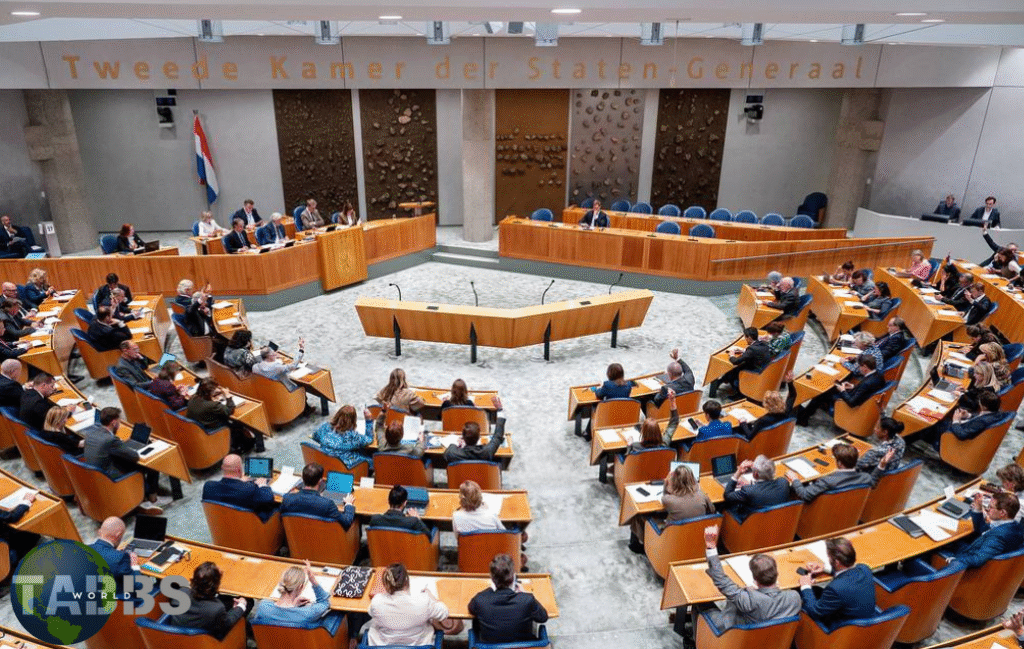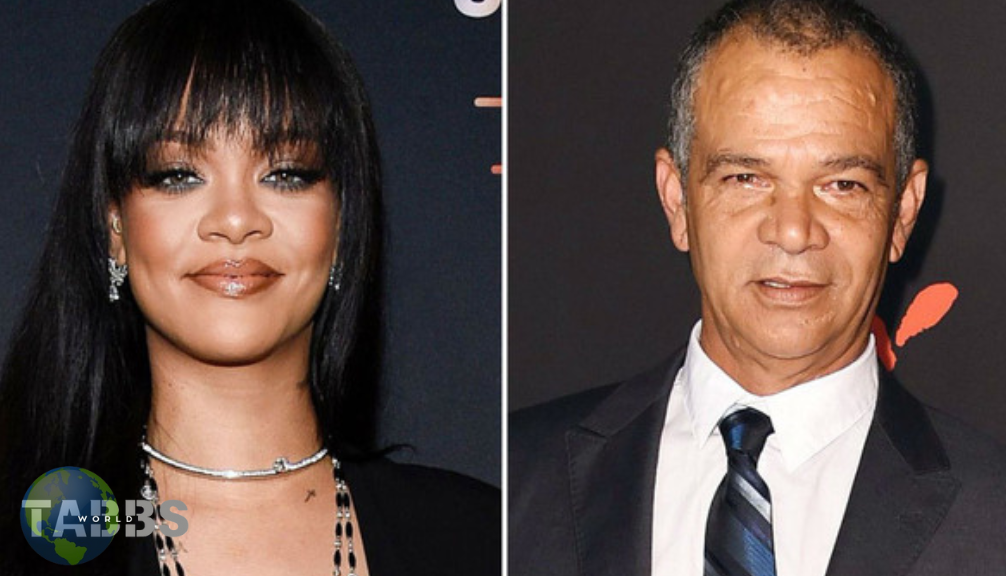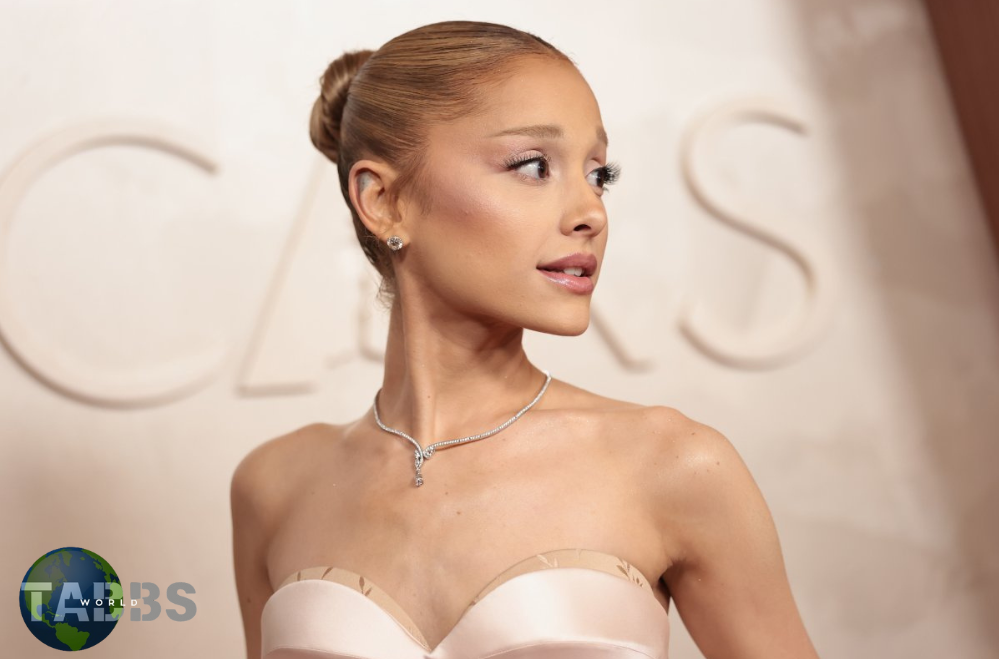The NCAA recently launched its “Transformation” initiative with a captivating 30-second video, intended to highlight important reforms currently underway within the association. Premiering on Selection Sunday, the video is set to air throughout the Division I men’s and women’s basketball championships, captivating audiences within broadcast networks and event venues.
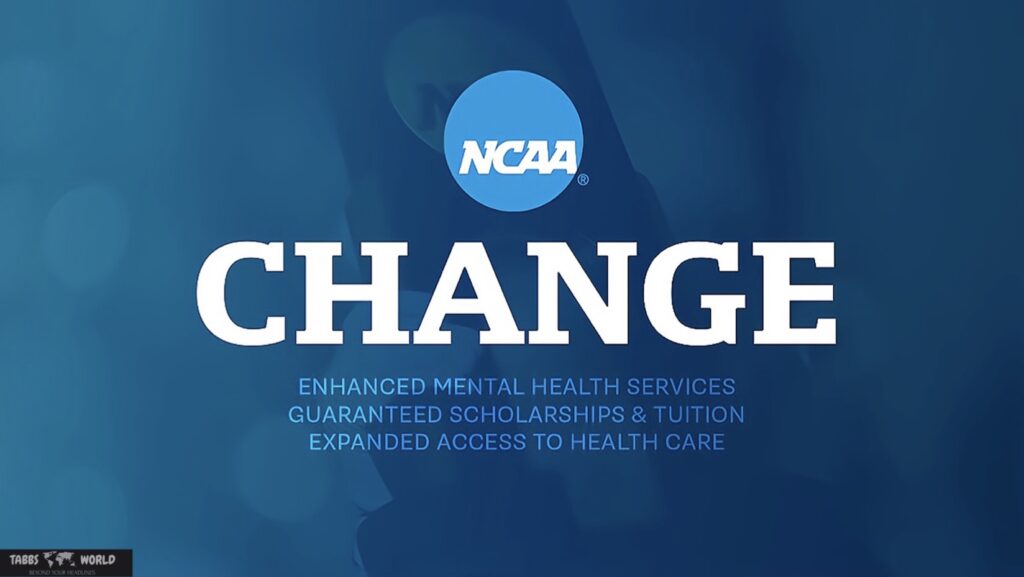
Enhanced Support for Division I Student-Athletes:
Change” serves as a spotlight for the transformational initiatives the NCAA is embarking on, aimed at enhancing the student-athlete experience. Among the notable reforms, the NCAA mandated that all Division I Schools are guaranteed scholarships, tuition support, and extended access to health care and mental health services. Additionally, the association is pushing new bylaws to ensure that students -Players can benefit from their name, picture and likeness.
In an effort to bolster student-athlete well-being, effective Aug. 1, the NCAA mandated increased support for the physical, mental, and academic well-being of Division I student-athletes. Additionally, it has adopted new mental health best practices, which obligate all members to adhere to these guidelines. These approaches include key areas such as mental health and sports betting, social media, corruption in sports, suicide prevention, and name, image and likeness issues.
Additionally, beginning this August, the NCAA will expand access to post-eligibility insurance coverage for student-athletes in all three divisions. This insurance is intended to protect athletes against injuries sustained while representing their respective schools, offering coverage for up to two years after the end of their college athletic career.
In highlighting academic achievement, NCAA student-athletes are achieving unprecedented graduation rates. This month’s Division I men’s and women’s basketball championships featured teams that boasted a combined four-cohort average graduation success rate of 90%, with women’s teams achieving an impressive average of 96% and men’s teams Achieved 84% average.
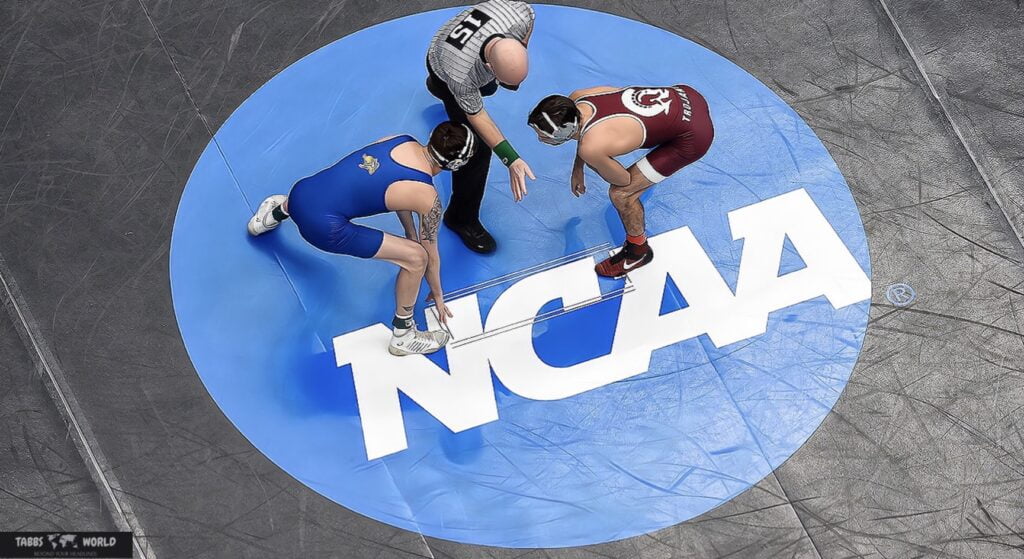
Modernizing Division I: Proposals for Reform
Looking ahead, the NCAA is actively working on recommendations to modernize Division I, including proposals to create subdivisions for high-resource schools and give members academic benefits and names for student-athletes. , image, and likeness agreements to provide greater flexibility.
Additionally, the NCAA implemented Division I student-athlete NIL protections effective August 1, including voluntary registration, disclosure requirements, standard contracts, and comprehensive education. Additionally, to reduce the risks associated with sports betting, the NCAA has partnered with industry experts to provide education, prevent social media harassment, and maintain the integrity of competition.
“Change” Campaign’s Long-Term Impact and Visibility:
The impact of the “Change” campaign is poised to extend far beyond March Madness, as the video will continue to air on various platforms next year, including the NCAA Championships and the association’s social media channels.
Table of Contents
What initiatives are being undertaken to promote mental health and academic well-being?
The NCAA has adopted new Mental Health Best Practices, requiring all members to follow guidelines that address mental health issues related to sports betting, social media, corruption in sports, suicide prevention, and name, image, and likeness concerns.
What is the significance of the post-eligibility insurance provided by the NCAA?
Beginning in August, the NCAA will offer post-eligibility insurance coverage to student-athletes across all three divisions, safeguarding them against injuries incurred while representing their schools for up to two years after completing their college athletics experience.
What measures are being taken to combat the risks associated with sports betting?
The NCAA has partnered with industry experts to provide education, prevent social media harassment, and monitor the integrity of competitions. Additionally, the Association launched its Draw the Line campaign to prioritize student-athlete education on the effects of sports betting.

